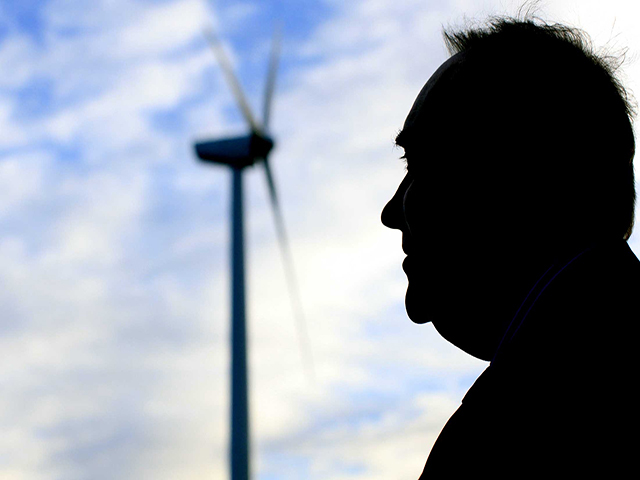
A detailed study on how an offshore electricity grid between Scotland and north and south Ireland could be introduced has been commissioned after being awarded £1million in European funding.
The second part of the flagship Irish-Scottish Links on Energy Study (ISLES) will break down the complex financial, legal and regulatory issues that can affect cross-border energy projects.
Ministers from the three administrations, attending the British Irish Council summit in Derry-Londonderry in Northern Ireland, welcomed the development and committed to work together to examine how such a project could be brought to fruition.
The ISLES announcement comes days after SSE confirmed it would respond to a joint Scottish and UK government study into the potential for renewable energy on Scotland’s islands by submitting a needs case to energy regulator Ofgem for a £780million subsea cable link to connect the Western Isles to the national grid.
First Minister Alex Salmond said the ISLES funding, coupled with SSE’s progress on the Western Isles connection, offered “hugely encouraging progress” on the infrastructure necessary to allow the renewable energy industry in all three markets to reach its full potential.
“The waters around these islands have some of the most abundant offshore energy resources anywhere in the world, but in order to harness this vast potential it is vital that we have the infrastructure in place to transfer the energy that is generated to where it is needed,” he said.
“That is why the ISLES project is so important. This innovative, cross-border study is examining how we can establish an offshore electricity grid to make this transference of energy easier, supporting our flourishing renewables industry by powering the nation and allowing the surplus energy it generates to be exported to other markets.”
“The first part of ISLES demonstrated that an offshore grid of this type was both technically feasible and economically viable.”
Northern Ireland Energy Minister Arlene Foster said: “This project has the potential to send important investment signals to private sector companies who are considering investing in offshore grids as it will allow them to position their projects favourably when bidding for funding from Europe.”
Recommended for you
